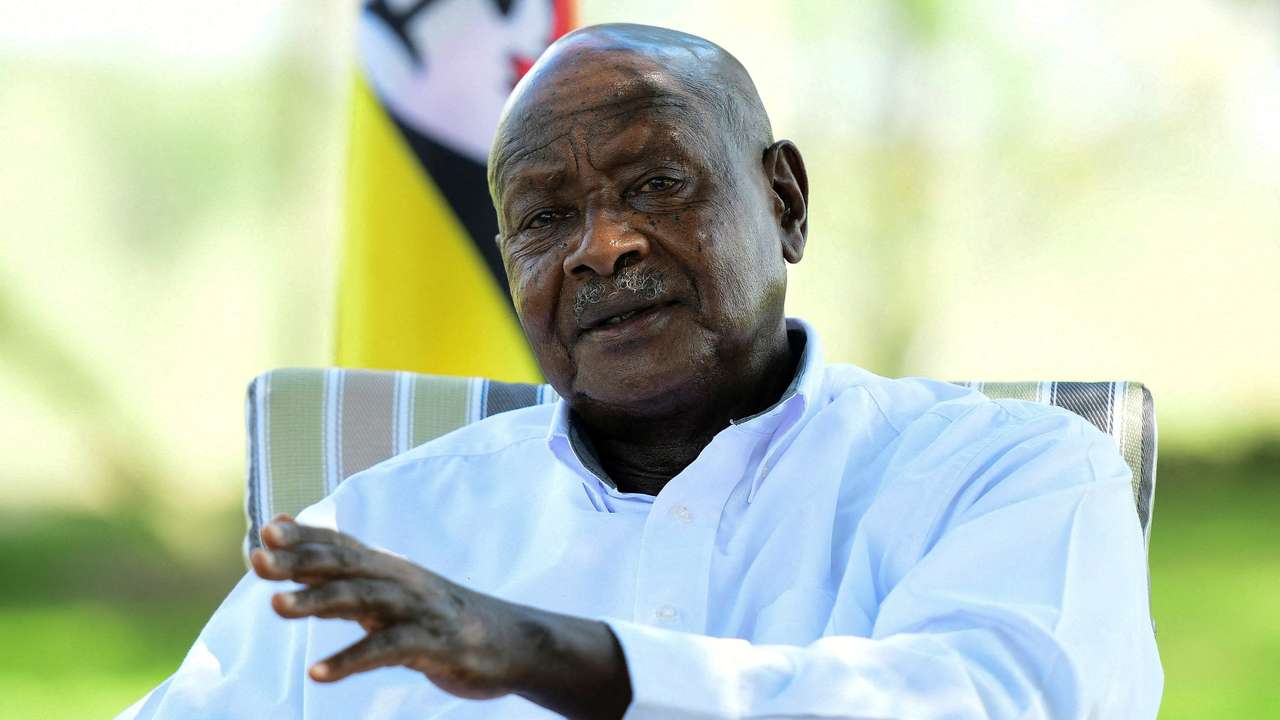Uganda Roundup: Activism, climate action, anti-corruption protests

Addressing corruption
Hon. Martin Ojara Mapenduzi, chair of Uganda's Committee on Public Service and Local Government, has spotlighted significant irregularities in recruitment processes to address corruption and improve transparency in local government hiring. He has proposed implementing digital hiring systems to reduce human interactions, thereby aiming to restore public trust. This initiative comes after the Inspector General of Government suspended recruitment in various local governments due to corruption allegations. According to ITWeb, Mapenduzi's committee has uncovered evidence of political interference in hiring practices, contravening the Local Government Act, which has contributed to a staggering annual economic loss of USh9 trillion (approximately $2.4 billion) for Uganda, positioning the country 141st out of 180 on Transparency International's 2023 Corruption Perceptions Index.
Climate action
Climate Rights International, a U.S.-based human rights watchdog, has raised alarm over the adverse effects of oil development activities by the China National Offshore Oil Corporation (CNOOC) along Uganda's Lake Albert coast. Their report, derived from extensive interviews, indicates widespread suffering among local communities, marked by forced displacements and alleged human rights abuses attributed to Ugandan government forces. Key issues highlighted by ABC News include inadequate compensation and coercive land acquisition practices, painting a grim picture of a project intended to spur economic growth via the East Africa Crude Oil Pipeline. Despite claims from Ugandan officials that the project will alleviate poverty, critics have branded it a "human rights disaster," fostering a climate of fear among local populations. Oil production is slated to commence by 2026, with an estimated investment of $15 billion.
New World Bank leader
In a notable appointment, the World Bank has named Mr. Qimiao Fan as the Country Director for Kenya, Rwanda, Somalia, and Uganda, effective September 1, 2024. With an impressive tenure of over 35 years within the institution, Fan will oversee a robust portfolio of 102 projects valued at $17.2 billion, Mirage News reports. A Chinese national, Fan has held various leadership roles within the World Bank since 1991, also having acquired experience in Cambodia, Belarus, and South Asia, alongside capabilities developed through his private sector roles in China. Holding a PhD in Economics from the University of Birmingham, Fan will operate from Nairobi, Kenya, marking a significant step for the region's development agenda.
Anti-corruption protests
On Monday, Ugandan security officers arrested four female protesters who marched to parliament topless, protesting corruption and demanding the resignation of parliament speaker Anita Among. The protesters, part of the 'Uganda Freedom Activists,' carried anti-graft placards and painted their upper torsos in Ugandan flag colours. Citizen Digital reports they were intercepted by police and placed under custody. The protesters demanded a lifestyle audit of parliamentarians and accountability from the Kampala Capital City Authority (KCCA) following the August death of at least 35 people at a Kampala dumpsite.
Change in mobile money use
Uganda's inflation rate for August dropped to 3.5%, the lowest in 15 months, down from 4% in July, according to the Ugandan Bureau of Statistics as reported by The Monitor. The decrease was partly due to a reduction in mobile money-sending charges. Samuel Echoku, head of macroeconomics at the Bureau, noted that mobile money inflation fell from 13.4% in July to 10.8% in August. Despite this, Business Insider Africa reports service costs remained the largest contributor to inflation, decreasing slightly from 6.5% to 6.2%. While mobile money is an effective way to combat high transfer fees, it faces challenges from taxes and other fees.